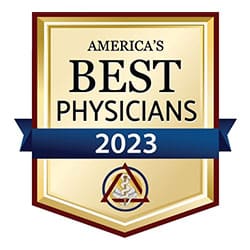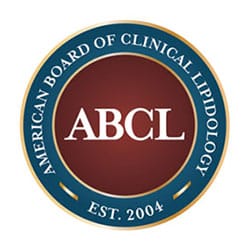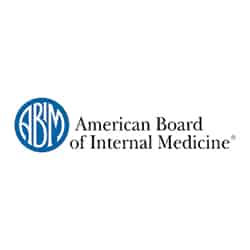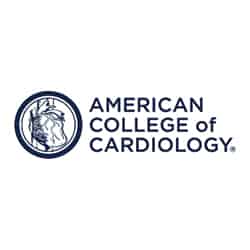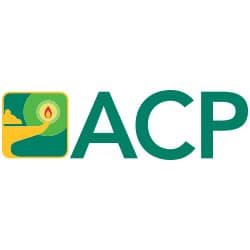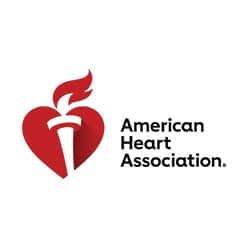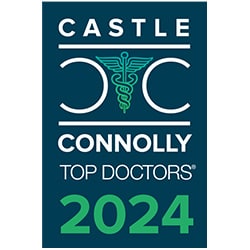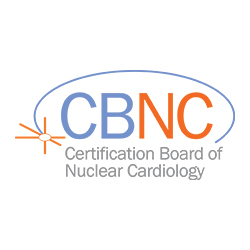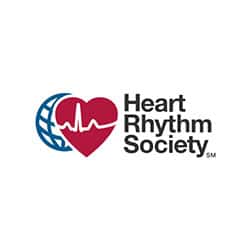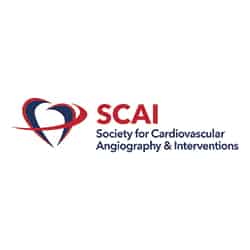Every 40 seconds in the United States, someone has a heart attack. This frightening number should serve as a reminder that you should do everything possible to avoid a heart attack, or a second one if you’ve had your first.
That’s where our specialists at St. Louis Heart and Vascular can help. The team is equipped with the latest diagnostic tools and is up to date on the most advanced treatments for heart attack care.
Call one of our seven locations in St. Louis, Des Peres, St. Charles, and Bridgeton, Missouri, and Granite City, Illinois, to learn how you can stay on top of your heart health.
Heart Attack Diagnosis & Treatment Q&A
What happens during a heart attack?
In order to do its job, your heart needs a steady supply of oxygen and nutrients, which is delivered through your blood. If this supply is cut off or greatly diminished, your heart doesn’t get the oxygen it needs, and the tissue becomes damaged or dies off, causing a heart attack, also called a myocardial infarction.
What causes heart attacks?
The primary cause of a heart attack is lack of oxygen to your heart muscle, and there are several conditions that can lead up to this, including:
- Atherosclerosis: This condition is caused by a gradual buildup of plaque in your blood vessels, which narrows the passageways. If a piece of the plaque breaks off, a clot is formed, which blocks the passage of blood in a coronary artery.
- Spasm or tear: If you sustain damage to your heart in an accident, it can cause a heart attack. As well, certain drugs (mainly stimulants like cocaine) can lead to a spasm in a coronary artery, which can cause a heart attack.
Atherosclerosis is the primary culprit when it comes to heart attacks, and high cholesterol or high blood pressure contribute to the problem.
What are the symptoms of a heart attack?
People experience heart attacks differently, and this is especially true when it comes to the sexes. Men often feel pressure or tightness in their chest, as well as radiating pain to their arm, shoulder, jaw, and neck.
Women, however, are more apt to feel shortness of breath, nausea (and vomiting), as well as back or jaw pain.
The bottom line is that heart attacks should never be taken lightly and if you feel any of the symptoms listed above, as well as dizziness, get immediate medical help.
What is the treatment after a heart attack?
The goal at St. Louis Heart and Vascular is to prevent a heart attack in the first place. Unfortunately, many people with atherosclerosis only find this out after a heart attack, which is why early intervention and testing is key.
If you have high blood pressure or high cholesterol, your doctor can take proactive steps using diagnostic equipment like an echocardiogram to test your cardiovascular function. If they detect a problem, they may use advanced imaging equipment to locate the blockage. From there, they can use stents to open up your arteries and prescribe medications that deter clot formation and thin your blood in order to prevent a heart attack.
To avoid becoming part of the staggering heart attack statistics, call one of the seven locations of St. Louis Heart and Vascular.
Heart Attack Diagnosis & Treatment Available at These Locations
We offer Heart Attack Diagnosis & Treatment at the following St. Louis Heart and Vascular locations. Contact us to schedule your appointment today.
Bridgeton Office
- (314) 741-0911
- 3550 McKelvey Rd.
Bridgeton, MO 63044 - Location Info
Des Peres Hospital Office
- (314) 741-0911
- 2325 Dougherty Ferry Road, Suite 203
St. Louis, MO 63122 - Location Info
Granite City Office
- (314) 741-0911
- 2120 Madison Ave., Suite 101
Granite City, IL 62040 - Location Info
SLHV Sleep Lab
- (314) 741-0911
- 3550 McKelvey Rd.
Bridgeton, MO 63044 - Location Info
St. Charles Office
- (314) 741-0911
- 1551 Wall Street, Suite 410
St. Charles, MO 63303 - Location Info

